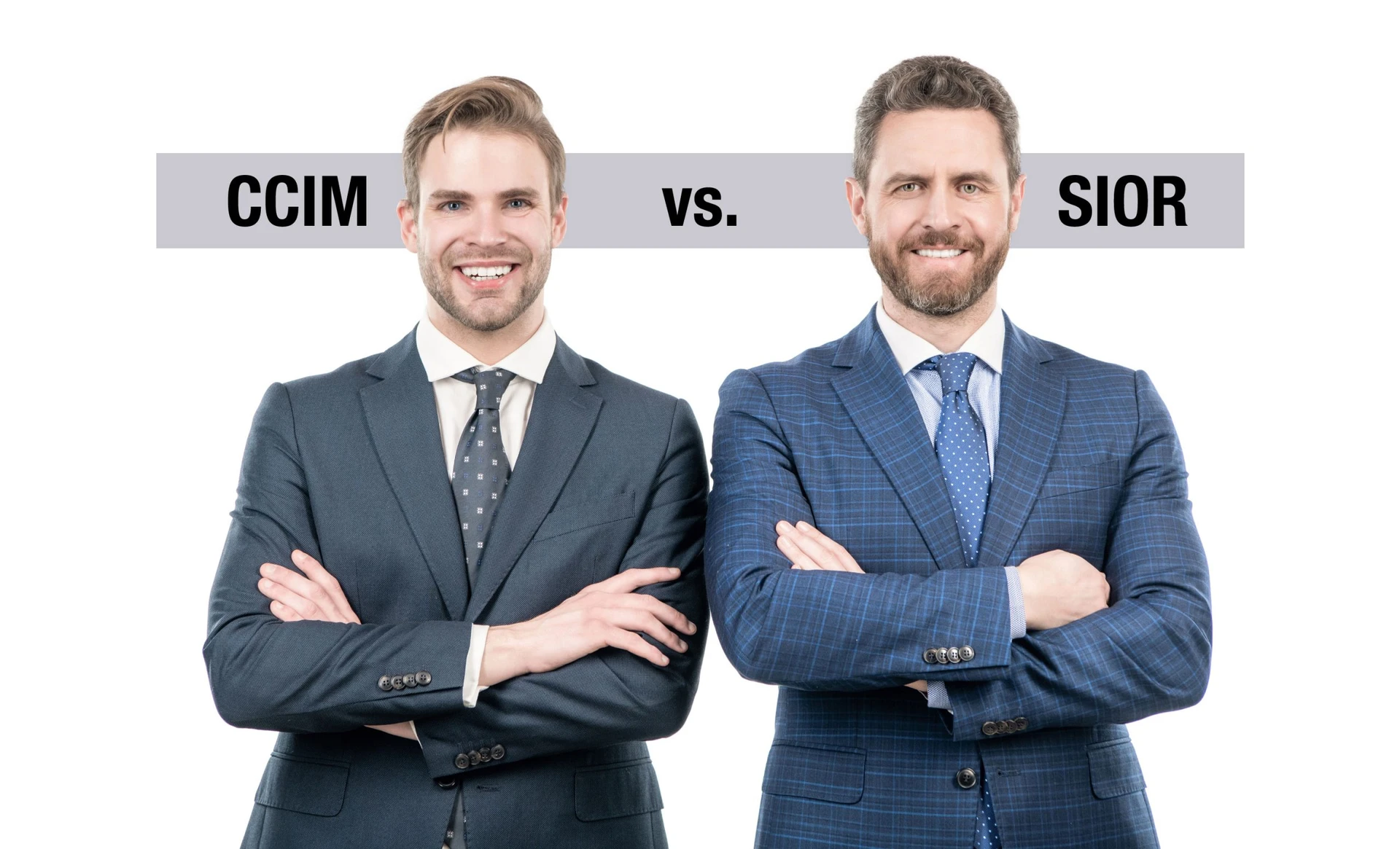A Quick Overview of Commercial Lease Types
Types of Commercial Leases: From Gross to Net Explained
There are a number of ways to structure a commercial lease, and it comes down to how expenses are shared between the landlord and tenant. Here is a quick overview of the most common ones. However, it should be noted that there can also be some variations of these categories. Gross Lease, Net Lease (Single Net, Double Net, Triple Net), Modified Gross Lease – what are they?
Gross Lease (also known as a Full-Service Lease)
In a Gross Lease, the tenant pays a fixed rate that will only increase with predetermined annual increases agreed to in the lease agreement. The landlord is responsible for paying all the building expenses (taxes, insurance, maintenance, etc.). Because they assume all the risk, gross rents tend to be higher than other types of leases. This is attractive to tenants because they can plan on a consistent rent payment as there are no surprise expenses.
For example, if utilities were higher than the landlord anticipated, they must absorb that cost. They cannot ask the tenant to pay the difference. However, if utilities are lower than they anticipated they get to pocket that money. They do not pass on those savings to the tenant.
Net Lease
With a Net Lease, the tenant is responsible for paying a fixed base rate, plus some (or all) of the operating costs of the building. These expenses can include taxes, insurance, and common area maintenance (TICAM). TICAM charges can include janitorial, property management fees, utilities, landscaping, and maintenance of commonly shared areas/services. Expenses are reconciled yearly, so the TICAM rate will fluctuate. The tenant’s cost is proportionate with their square footage. Meaning if they occupy 1,000 square feet in a 250,000 square foot building, their proportionate share of the building’s expenses will be 4%.
For example, if expenses were higher than expected after reconciliation, the landlord will give the tenant a bill for the difference. However, if expenses are lower than expected the landlord will give the tenant a credit.
Net leases can be further classified as:
All leases are unique. Some may contain a gross-up clause that will increase your proportionate share of expenses. Please consult with a tenant rep broker who can explain your rights within a lease.
Modified Gross Lease
A Modified Gross Lease requires the tenant to pay a fixed base rent and their proportionate share of some, but not all, of TICAM expenses. It is typical for the tenant to pay janitorial and utilities directly, and these out-of-pocket expenses are determined during lease negotiations. This type of lease is a nice compromise for tenants that are looking for a consistent lease payment, while still being able to have control over some of the expenses.
Ultimately the landlord has control over the type of lease they require for their property, but you have some control over the terms. An experienced tenant rep broker will be able to walk you through all the proposed terms of a lease and advise you during lease negotiations.
Brian Smith, SIOR, CCIM, is the owner of Regent Commercial Real Estate. He specializes in the Charlotte area.
Share This Story, Choose Your Platform!
What our clients are saying








